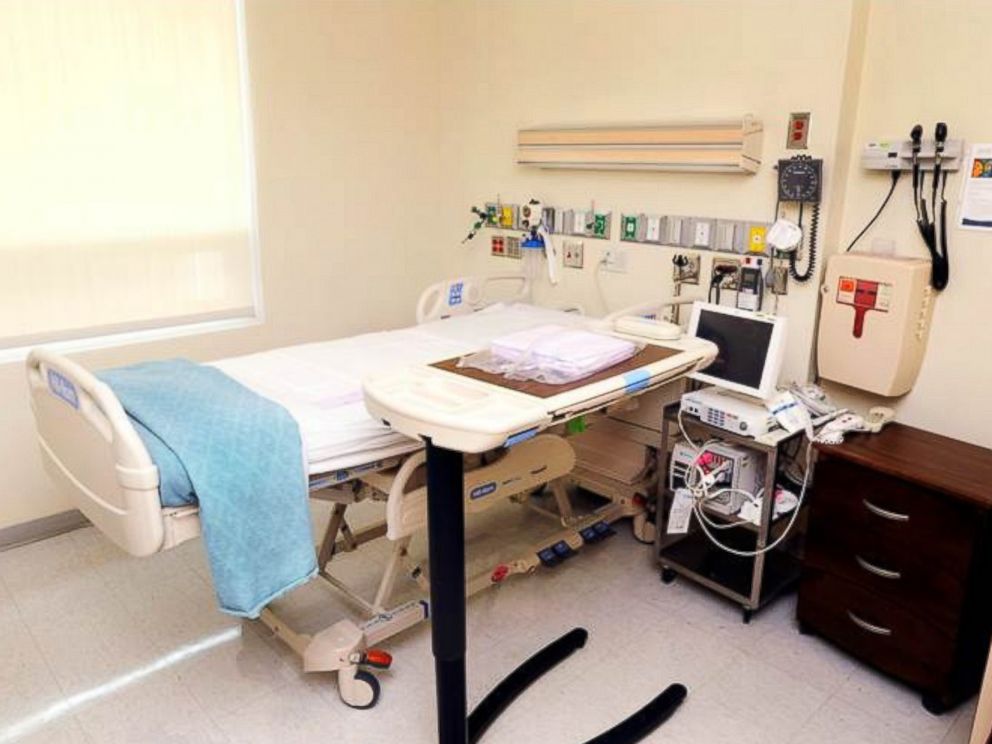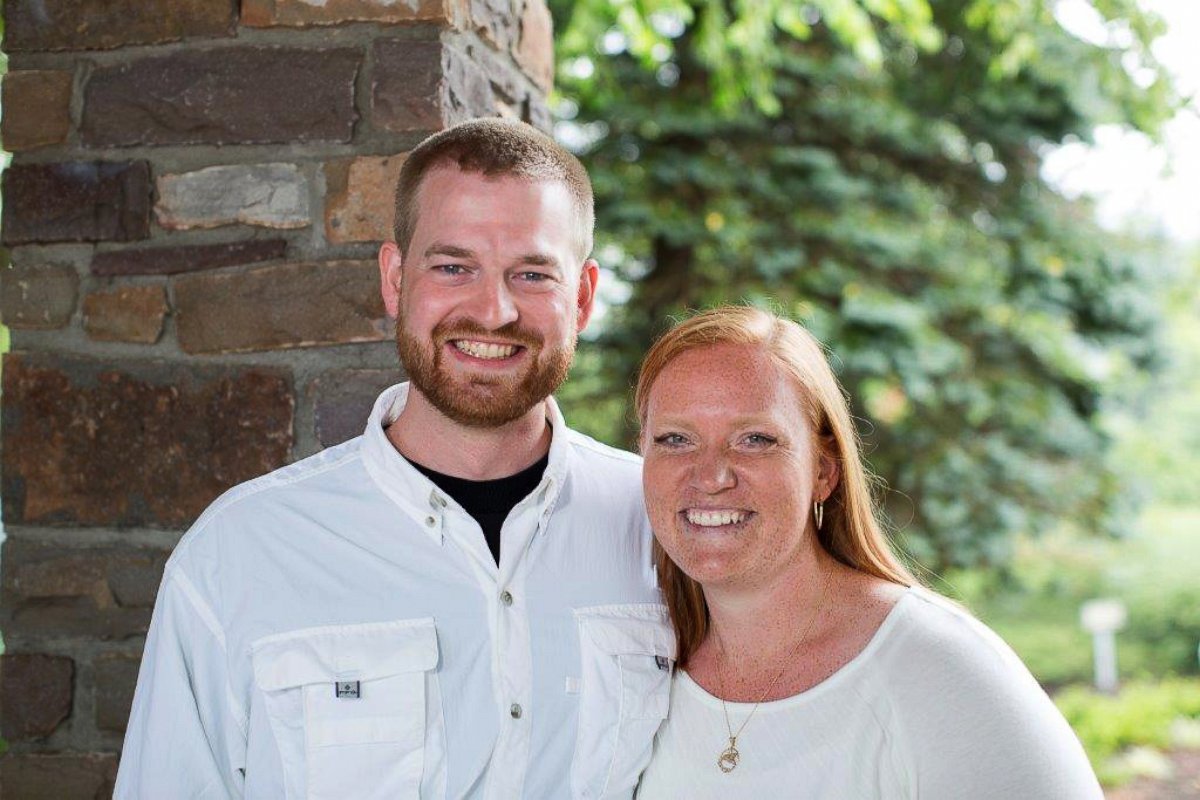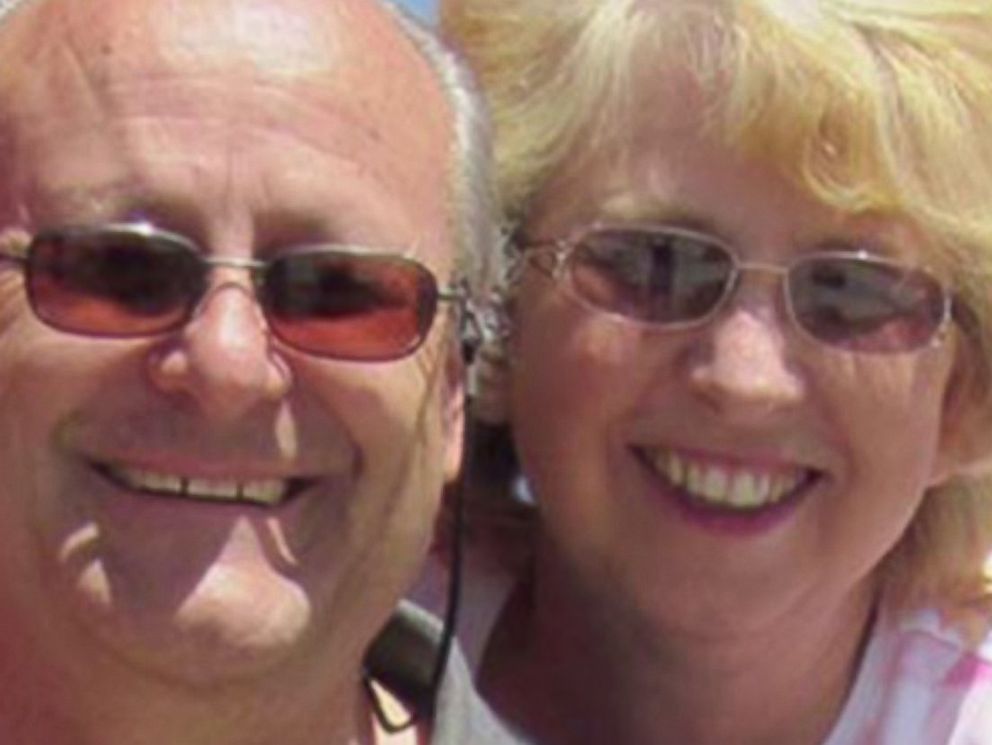How Did US Ebola Patients Get 'Experimental' Drug?
American patients are still fighting Ebola after getting it in Liberia.
— -- Desperate to save the American Ebola patients in Liberia, Samaritan's Purse started researching experimental treatments last week, according to an official at the National Institutes of Health.
The organization called the Centers for Disease Control and Prevention, which referred it to an NIH employee deployed in Africa who would be familiar with the treatments.
"She was able to answer some questions and referred them to appropriate company and embassy contacts to pursue their interest in obtaining experimental product," said Dr. Anthony Fauci, director of the National Institute of Allergy and Infectious Diseases at the National Institutes of Health.
American Nurse With Ebola Has 'Improved Appetite' and Prepares to Fly to US
American Doctor With Ebola Received Experimental Antibody Serum Before U.S. Arrival
Full Coverage of Ebola Outbreak
He added that the NIH employee was not working in any official capacity for the NIH at the time. She was working for a team led by CDC and the Defense Threat Reduction Agency.

The experimental drug was manufactured by San Diego-based Mapp Biopharmaceuticals, according to the National Institute of Allergy and Infectious Diseases.
According to Mapp’s website, its Ebola drug is a “cocktail” of monoclonal antibodies, which had been proven to work in monkey studies.
“When administered one hour after infection, all animals survived,” a 2012 company statement reads. “Two-thirds of the animals were protected even when the treatment, known as MB-003, was administered 48 hours after infection.”
When the vials arrived, those caring for Dr. Kent Brantly and missionary Nancy Writebol could not tell if there would be enough of the serum for both of them. Brantly said Writebol should get the dose first, but soon his condition worsened and doctors gave him the first dose. Doctors realized there was enough for both of them and gave Writebol the second dose shortly thereafter.
Within 20 minutes to an hour after getting the serum, Brantly "improved dramatically."

Brantly was flown from Liberia to Emory University Medical Center over the weekend for supportive care, where he shocked doctors by walking into the hospital.
Writebol is expected to fly out on Tuesday, and her appetite has reportedly improved.
"Her husband, David, told me Sunday her appetite has improved and she requested one of her favorite dishes ? Liberian potato soup ? and coffee," Bruce Johnson, president of Writebol's missionary group SIM USA, said in a statement.

Get real-time updates as this story unfolds. To start, just "star" this story in ABC News' phone app. Download ABC News for iPhone here or ABC News for Android here.



